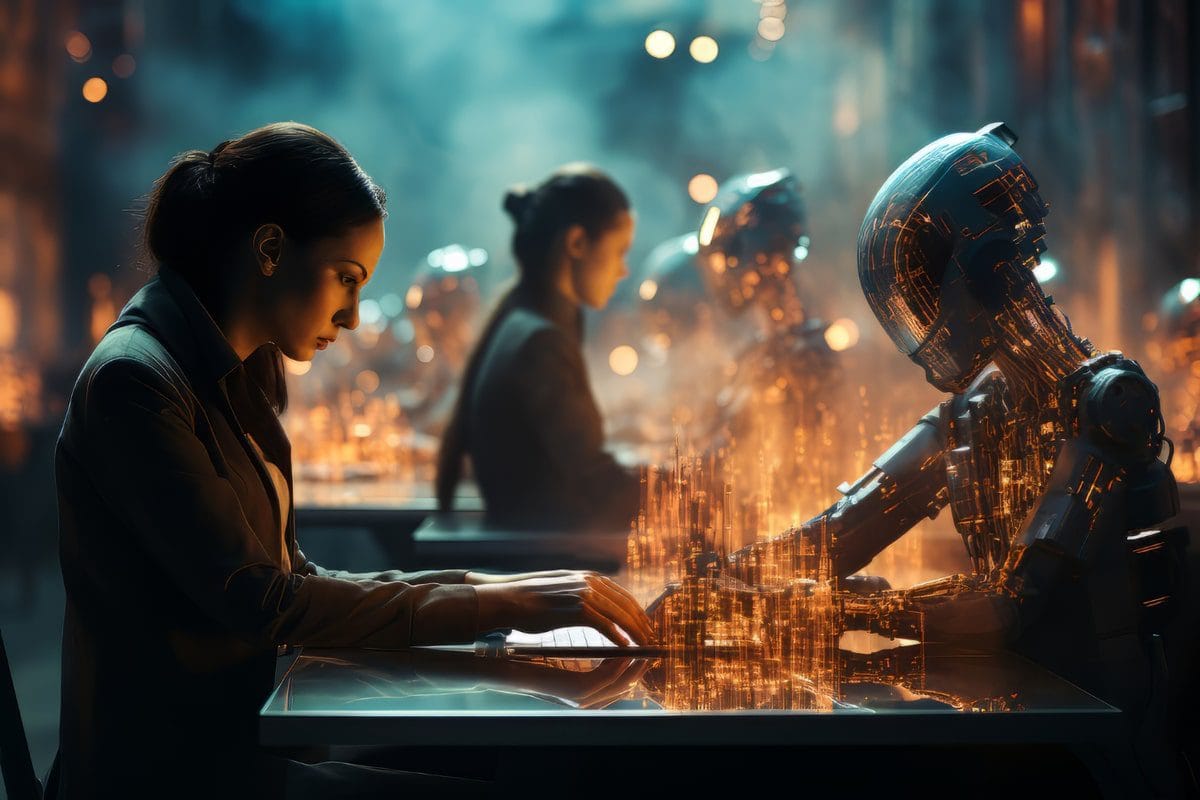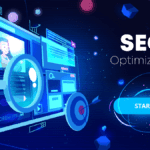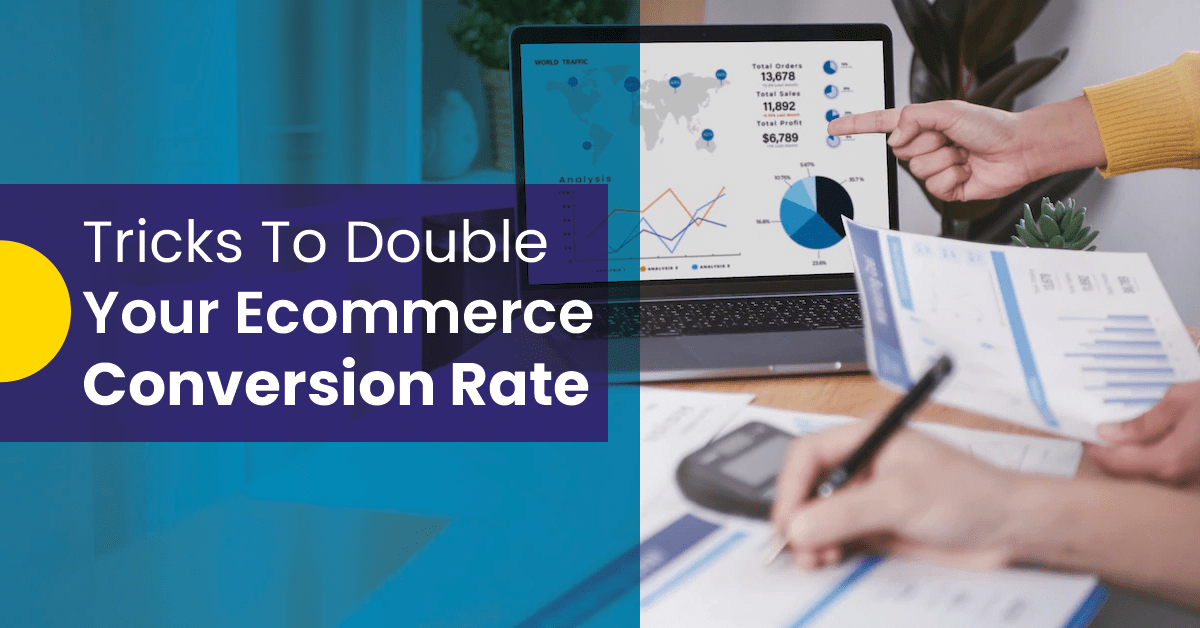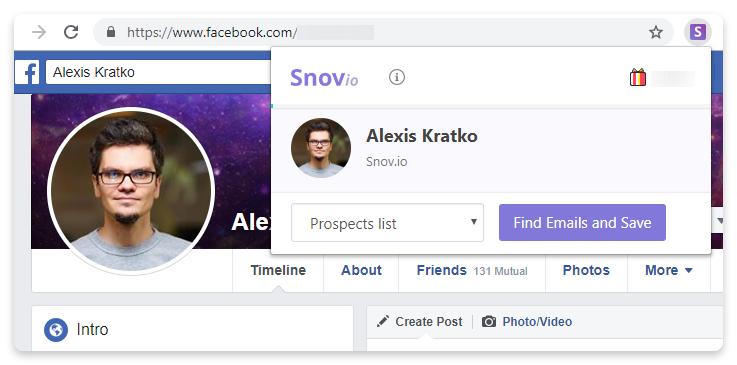
Hiring has never been more complex—or more critical. In today’s fast-paced world, businesses must identify top talent faster, more accurately, and with fewer resources. As remote work and global hiring become the norm, traditional recruitment methods struggle to keep pace.
AI-powered interviews—the game-changer in modern talent acquisition. These smart, automated systems are transforming the way companies screen, assess, and hire candidates. With increasing adoption across industries, it’s time to understand how they work, why they matter, and what the future holds.
Why AI Is Reshaping Recruitment
Artificial intelligence has permeated almost every industry, and human resources is no exception. From scanning résumés to analyzing speech patterns in interviews, AI tools now assist at nearly every step of the hiring journey.
According to a 2024 McKinsey report, 78% of global companies are using AI in at least one area of HR, with 40% leveraging it specifically for recruitment processes. Moreover, the same study shows a 25% increase in hiring efficiency among firms that implement AI-based interviews versus those that rely solely on manual methods.
These tools don’t just save time—they reduce unconscious bias, ensure consistent evaluation, and allow HR teams to focus on strategic decision-making.
What Are AI‑Powered Interviews?
AI-powered interviews are video or voice interviews where a machine, not a person, conducts the session. The system poses questions, records the candidate’s responses, and analyzes multiple parameters using machine learning algorithms.
These parameters can include:
- Speech content (keywords, phrasing, clarity)
- Tone and confidence
- Facial expressions and eye contact (for video interviews)
- Response timing and fluency
The results are then scored based on pre-defined metrics, and recruiters receive a ranked shortlist of candidates.
Global Adoption Trends
AI-based interviews are gaining traction across continents:
- In North America, 65% of Fortune 500 companies now use AI in their recruitment pipelines.
- In Europe, the European Commission reports that AI adoption in HR has doubled since 2022.
- In India, tech companies and startups are leading the charge, with platforms like HirePro and Talview handling thousands of automated interviews monthly.
- A recent study by PwC states that 45% of global CEOs are prioritizing AI investments for recruitment over the next two years.
The global talent war has made speed and efficiency non-negotiable, and AI is the tool enabling that transformation.
Benefits of AI Interviews for Companies
- Scalability
Companies can screen hundreds of applicants in a fraction of the time. - Consistency
Every candidate is asked the same questions in the same tone, eliminating variability. - Cost Efficiency
Hiring costs can be reduced by up to 30%, as reported by Deloitte. - Bias Reduction
AI eliminates first-impression judgments and emphasizes actual responses, though human oversight is still essential. - Faster Time to Hire
Multinational firms like Unilever report reducing hiring cycles from months to as little as two weeks using AI-based assessments.
Candidate Perspective: Challenges and Adaptation
While companies reap the rewards, candidates face a learning curve.
Some of the common concerns include:
- Lack of human interaction
- Misinterpretation due to accents or expressions
- Uncertainty about how responses are evaluated
However, job seekers are adapting quickly. Online platforms now offer mock AI interviews, helping users practice and improve their performance.
Ethical Considerations and Bias Concerns
No technology is without flaws. AI-based systems can inadvertently reflect biases present in training data. For example, certain accents or facial expressions may be misinterpreted, especially if the system wasn’t trained on diverse samples.
A 2024 MIT study found that facial recognition tools embedded in some interview platforms showed up to 20% higher error rates for non-Caucasian candidates. These findings have sparked calls for better transparency and diversity in AI training models.
Governments are starting to take notice:
- Illinois requires candidate consent for AI video interviews.
- The EU’s AI Act includes hiring algorithms in its high-risk category.
To ensure fair use, companies must monitor AI outputs, audit their systems, and include human decision-makers in the loop.
The Human + AI Balance
While AI handles the heavy lifting, human intuition remains irreplaceable. The best hiring strategies blend automation with empathy.
Here’s what that looks like:
- AI handles initial screening, ensuring scale and consistency.
- Recruiters step in for final interviews, culture fit evaluation, and decision-making.
- Feedback loops between HR teams and AI vendors help refine systems over time.
This hybrid approach ensures that companies benefit from speed without sacrificing humanity.
Real-World Success Stories
- Unilever adopted AI tools across 50+ countries and reduced hiring time by 75%, with over 90% candidate satisfaction scores.
- Vodafone integrated AI assessments to evaluate coding and problem-solving, boosting quality-of-hire metrics by 25%.
- Nestlé piloted AI video interviews for campus hiring, improving offer acceptance rates by 15%.
These examples prove that when used correctly, AI can enhance both business outcomes and candidate experiences.
Final Thoughts
In a world where every minute counts, AI powered interviews are no longer optional—they’re essential. From speeding up hiring cycles to improving decision accuracy, this technology is here to stay. However, it must be used responsibly, with an unwavering focus on fairness, ethics, and inclusivity.
For businesses, it’s time to embrace the change. For job seekers, it’s time to prepare differently. And for all of us, this is just the beginning of how AI will shape the future of work.








